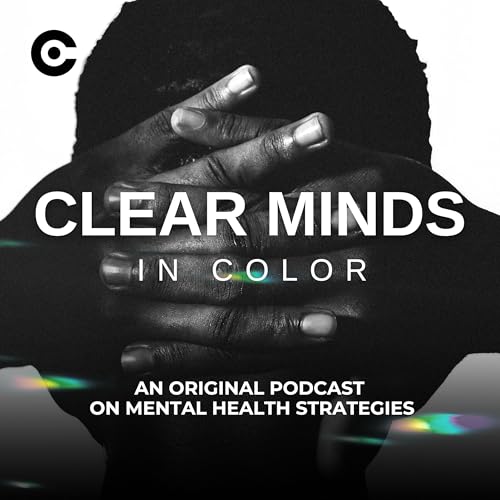
The Diddy Case Blind Spot (Part 2)
No se pudo agregar al carrito
Add to Cart failed.
Error al Agregar a Lista de Deseos.
Error al eliminar de la lista de deseos.
Error al añadir a tu biblioteca
Error al seguir el podcast
Error al dejar de seguir el podcast
-
Narrado por:
-
De:
In this second episode of The Diddy Case series, Robert Saint Michael, host of Clear Minds In Color, examines the deep historical roots of sexual violence and power.
From ancient Greek and Roman civilizations—where sexual domination was used to humiliate and control—to the trans-Atlantic slave trade and modern-day systems of exploitation, this episode reveals how the misuse of power has shaped human history. This session connects these past patterns to the present, highlighting how culture, celebrity, and nostalgia still influence who we choose to believe and how easily we excuse harm.
Through a trauma-informed and public-health lens, Power, History, and Sexual Violence challenges listeners to recognize the moral blind spots that allow violence to continue and to question what we normalize today that future generations may one day call unacceptable.
Hosted by: Robert Saint Michael, NLP | Mental Health Coach
Presented by: Clear Minds In Color — an organization providing evidence-based mental health strategies and public health interventions that promote healthy mental hygiene and resilient communities.
Learn more: clearmindsincolor.com
Referenced in this Episode:
Thomas Hubbard – Homosexuality in Greece and Rome: A Sourcebook of Basic Documents — Harvard University Press.
David Halperin – One Hundred Years of Homosexuality and Other Essays on Greek Love — Princeton University Press.
Deborah Gray White – Ar’n’t I a Woman?: Female Slaves in the Plantation South — University of North Carolina Press.
Antoinette Burton – Burdens of History: British Feminists, Indian Women, and Imperial Culture, 1865–1915 — University of North Carolina Press.
United Nations Human Rights Council – Conflict-Related Sexual Violence Annual Report — documentation of sexual violence in conflict zones including Bosnia, Rwanda, and the DRC.
McCutcheon, L. E. et al. (2002) – A Cognitive Profile of Individuals Who Tend to Worship Celebrities — Psychological Reports, research on cognitive dissonance and celebrity worship.
Clear Minds In Color – clearmindsincolor.com — evidence-based mental health and public health resources promoting healthy mental hygiene and community resilience.


